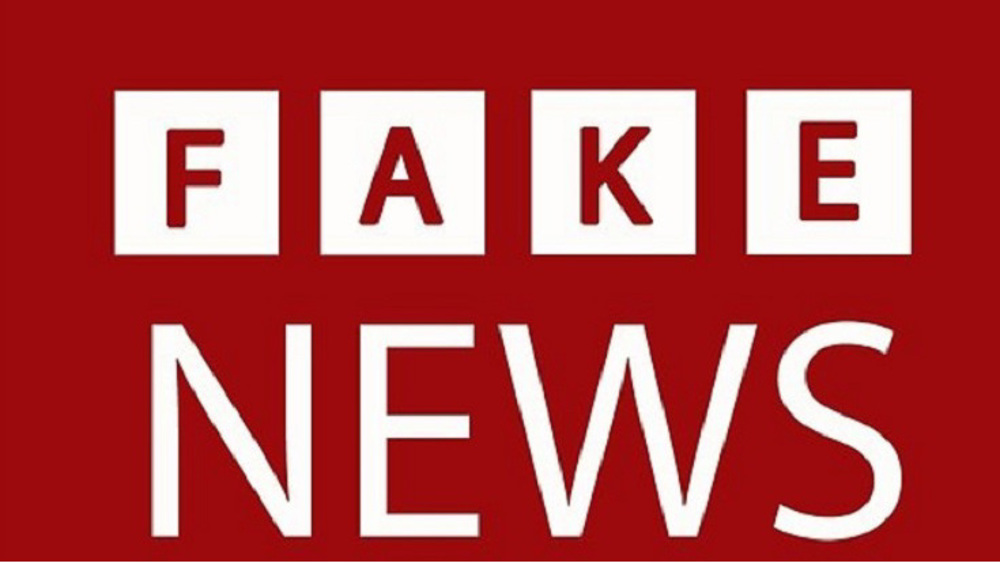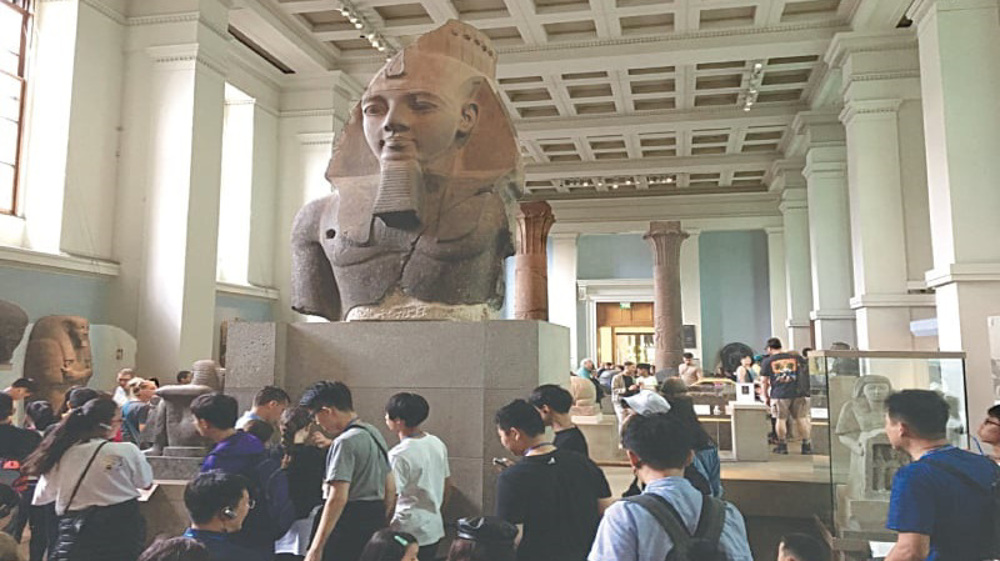BBC invites ridicule with sloppy Iran COVID-19 disinformation
The British Broadcasting Corporation’s (BBC) latest propaganda stunt against Iran is set to backfire badly as the shaky foundations on which it is built rapidly unravel.
On August 01, BBC Farsi (which is the Persian language arm of the broadcaster) claimed to have received from “an unnamed source working with Iran’s government” the “real number” of COVID-19 cases.
The so-called “unnamed” source is alleged to have passed documents onto BBC Farsi which purports to show that more than 450,000 Iranians have been infected with COVID-19 with 42,000 allegedly dying by July 21.
The original BBC Farsi story has been regurgitated by the core (English-speaking) BBC in order to amplify the disinformation campaign against Iran.
Flawed allegations
Leaving aside the British state broadcaster’s political considerations, there are three core problems with the BBC’s allegations.
First and foremost, the sourcing is poor as it relies on a single “anonymous” source whose facts and figures cannot be independently verified.
Moreover, given the prevalence of coronavirus in Iran (as in many other countries) how could a single source have access to exhaustive data on all aspects of the coronavirus pandemic in a country as large as Iran?
Second, as independent experts have pointed out, Iran’s official figures have been fully verified by the World Health Organization (WHO).
In an interview with the BBC (see below), Iranian academic Seyed Mohammad Marandi, said that Iran has provided far more detailed information to WHO’s Eastern Mediterranean Office than comparable countries.
In other words, instead of interrogating the official coronavirus figures for countries like Saudi Arabia (which has supplied far less detailed information to WHO) the BBC has been politically motivated by focusing on Iran.
Third, the BBC has chosen to not only ignore the real cover-up, but in fact it is actively complicit in it. The real cover-up being the impact of US sanctions on Iran’s ability to combat the pandemic.
Frozen funds
By way of an example, South Korea has frozen up to $9 billion of Iranian oil money and is refusing to transfer it to Iran citing US sanctions and associated pressure.
That is money that Iran can utilize to manage the economic fallout of the pandemic. Hitherto, Iran has avoided a harsh lockdown for fear of damaging the economy.
And yet despite the sanctions, and according to all credible accounts, Iran has still fared relatively well in containing the pandemic and managing its socio-economic repercussions.
Iran vs UK
The irony here is that Iran has done far better than the UK, which is not under any form of international pressure, let alone comprehensive US sanctions.
Indeed, the fictitious death toll attributed to Iran (42,000) is still lower than the UK’s official death toll of 46,210 as of August 03.
Not content with Iran’s resolute stance on US sanctions and other pressures, it seems the BBC is hell-bent on distorting Iran’s fight against the coronavirus pandemic.
US-Israeli aggression left Tehran with no choice but to defend Itself: President Pezeshkian
Iran urges immediate intl. action against US attacks on schools
Iraq won’t allow terror groups to cross border into Iran: Security official
Iran’s security chief: Does America come first or Israel with 500 US soldiers killed?
Iran warns all Israeli embassies ‘legitimate targets’ if Lebanon embassy attacked
IRGC pounds bases of anti-Iran terrorist groups in Iraqi Kurdistan
Iran’s Fattah 2 hypersonic missile nearly impossible to intercept: Report
Another girls’ school targeted in US-Israeli attacks on Iran











 This makes it easy to access the Press TV website
This makes it easy to access the Press TV website